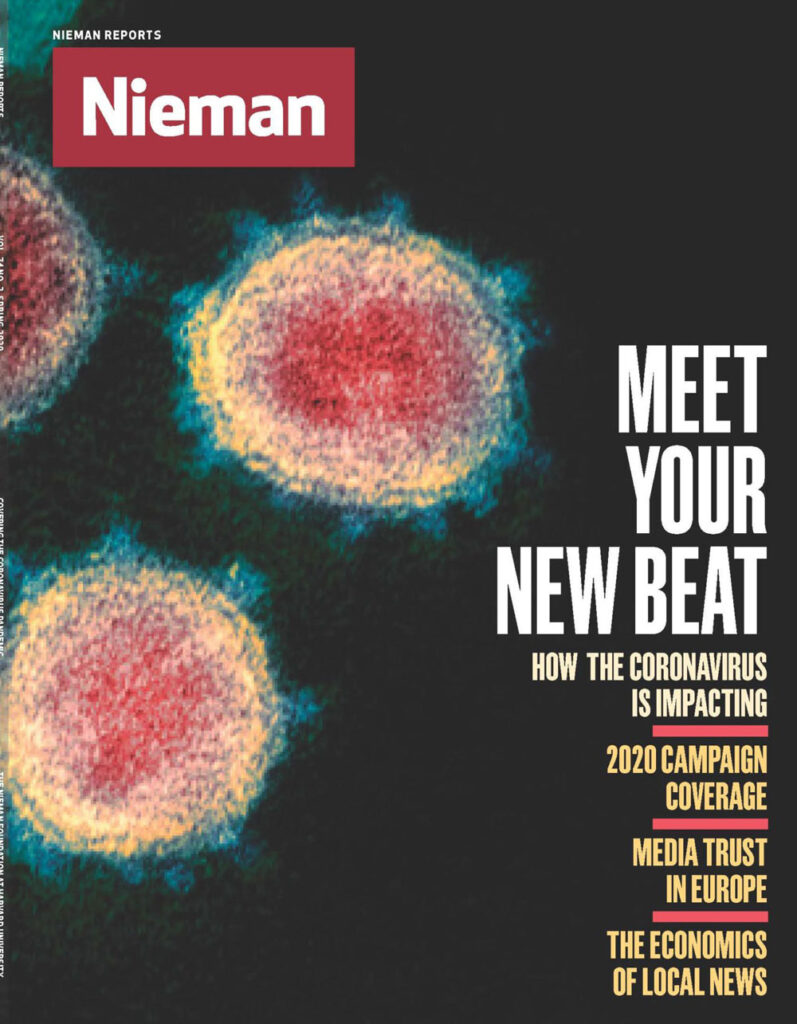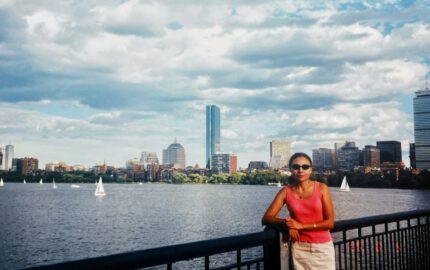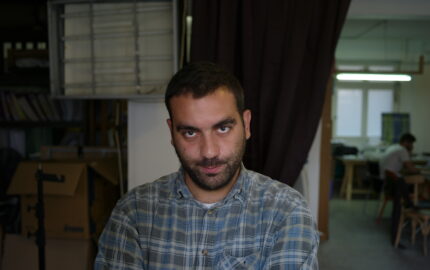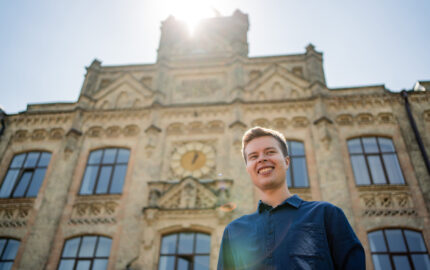By dinnertime, though, the disparate characters in our household came together in silence to watch the evening news. Voices carried in our rollicking ethnic family, and it was bad form to get in the way of a good story. In those days, in the mid-1980s, the broadcasts veered from hard-nosed investigations of municipal graft to live shots from fields where the authorities excavated in search of missing mafiosi. My grandparents shushed me. My imagination soared.
As I entered my teens, I discovered “The World According to Breslin” on the sale rack at the Waldenbooks in the local mall. Jimmy Breslin’s columns swaggered off the page. He sided with underdogs--and mocked authority figures who failed to act in the public interest. He used his big voice to tell the stories of people who struggled to make ends meet, just like my grandparents.
Those stories inspired me to build a career covering law and justice. Reporting about corrupt public officials and shady executives seemed like a natural progression for an outspoken kid who liked to call out unfairness on the playground and in the classroom.
All these years later, my heart still sings when I’m in a courtroom to chronicle the trials of corporate scoundrels and governors on the take. But the stories that I love most now feature people who may never before have encountered a reporter. They’re families with a sick loved one behind bars, or whistleblowers who muster the courage to report government wrongdoing. They’re people trapped in systems that are failing them.
When I made the transition from newspapering to radio a decade ago, I learned to privilege the voices of the people I interview. This means giving them time to share their fears and their ambitions in their own words. It requires a patience that doesn’t come naturally to me. The kinds of sounds I make in normal conversation to indicate delight or disgust get in the way of a radio recording. Eventually, I learned to keep quiet, and use my face and my hands to react to what I was hearing.
I believe that sort of active listening, practiced while sitting across from a recently released prisoner on the floor of an under-furnished apartment, or in front of a steaming cup of coffee offered by a grieving widow, carries a powerful message: I want to understand you and to share your story. I can’t imagine a better antidote to cynical cries about “fake news” in this essential, troubled business of ours.
As Hannah Arendt once described it, that kind of imagination allows we storytellers “to be generous enough to bridge abysses of remoteness until we can see and understand everything that is too far away from us as though it were our own affair.”
The things people choose to share can be unexpected. There was the man in chains in New Jersey who once told me his greatest dream after incarceration was…to launch a business making dentures. (Dental health is not a priority in prisons.) An FBI whistleblower described the anguish of being reassigned to an empty floor of a skyscraper in lower Manhattan, alone in a sea of 130 desks. A former U.S. attorney general confided that his secret wish after leaving the job was to drive his own car again, well above the speed limit, without an omnipresent security detail.
During the first seven months of my precious time at Harvard, I scribbled notes during classes at the Divinity School and the Law School, taking in the lectures, scanning the faces of students, drafting questions, listening. After Covid-19 moved learning online, I continued to listen, thanks to technology.
One morning, I watched a cardinal perch amid the pale green buds of the tree outside my window as a professor sang a Stevie Wonder song on Zoom to illustrate the Great Migration. A few weeks later, on a short walk, my dog planted in her tracks, intent on stalking a rabbit on Garden Street. I didn’t mind the wait because my phone was playing a video of Harvard President Emerita Drew Gilpin Faust reading a poem by Seamus Heaney.
“History says, don’t hope on this side of the grave,” she read. “...It means once in a lifetime that justice can rise up and that hope and history rhyme.”
The Harvard Office for the Arts distributed the video, part of a series they designed to soothe and connect us at an uncertain moment.
At a time when we’ve been forced to keep ourselves at a physical distance from others, even the fellows we’ve grown to love, we are finding other ways to come together. None is more powerful than the sound of the simple human voice as it shares its dreams.



